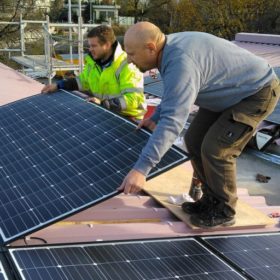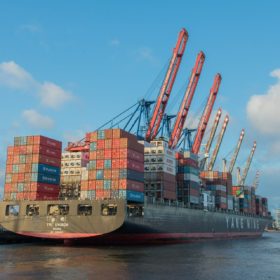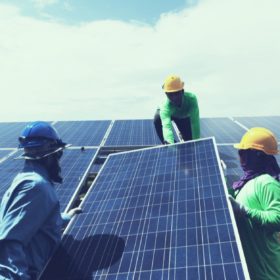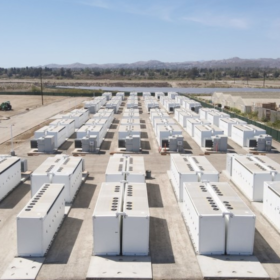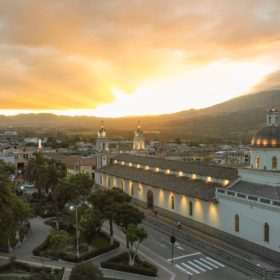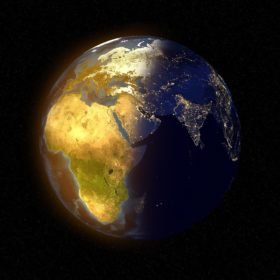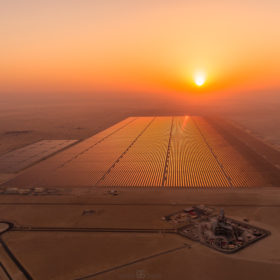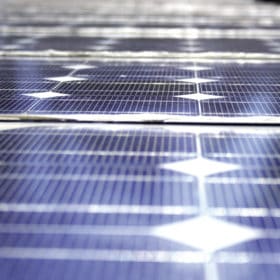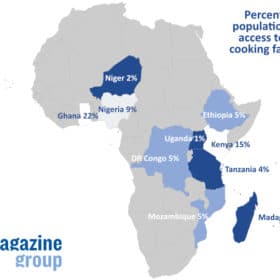Solar job numbers kept on rising in 2020
The latest edition of a clean power jobs survey produced by IRENA and the International Labour Organization has stressed the important role which will need to be played by the public sector if the energy transition’s employment benefits are to be shared equally.
Morocco + green hydrogen could be at heart of sustainable shipping revolution
With green hydrogen needed to produce the ‘e-ammonia’ required for carbon-free vessels, new clean power generation capacity and potential solar power hotspots near international shipping lanes will be crucial.
Renewable energy jobs reach 12 million globally, forecast to reach 25 million by 2030
A new report by IRENA and the International Labour Organization highlights the employment potential of an ambitious climate strategy and calls for comprehensive policies in support of a just energy transition.
Calculating the value of a US community solar program
U.S. researchers have teamed up to analyze the economic benefit of annually adding 30 5 MW of community solar installations to Michigan’s grid for six years. Their results may surprise.
SECI invites proposals for 1 GWh of battery energy storage systems
Solar Energy Corp. of India has released draft guidelines for a tender to set up standalone battery energy storage systems in India.
Ecuador announces 350 MW renewables auction
Ecuador’s latest procurement exercise will be open to solar, wind, hydropower and biomass projects.
The prospects for solar in a 1.5C world
We will need 10.7 TW of clean energy generation capacity this decade to stay on track with the most ambitious of the climate change paths agreed in Paris, which would include plenty of solar investment and jobs, according to the International Renewable Energy Agency.
‘Low-cost renewable hydrogen may already be in reach’
If the three record-busting low solar price tariffs recorded in the Middle East in the past 18 months are to be believed, renewables-powered hydrogen in prime sites in the region could already compete with gas-plus-CCS production, according to IRENA. Has the Gulf discovered the new petrol?
UN wants to reduce carbon footprint of peacekeeping
The international organization has pledged to deploy clean energy generation equipment wherever possible in its global operations, with the help of the International Renewable Energy Agency.
Universal electricity access by 2030 remains a distant dream
Energy efficiency, electrification of heating and transport, and the provision of clean cooking facilities are all going in the wrong direction as the Covid crisis deprived millions in sub-Saharan Africa of electricity use, according to a report by the IEA, IRENA, WHO, World Bank and UN Statistics Division.
